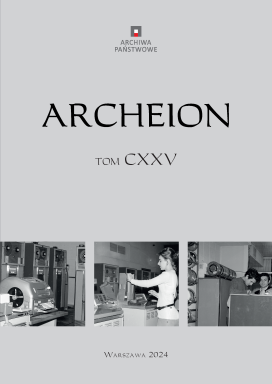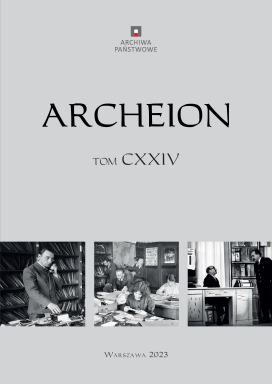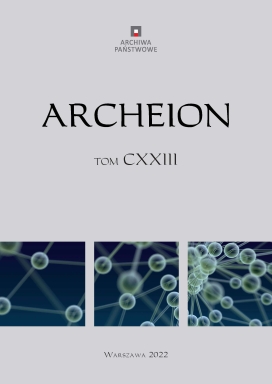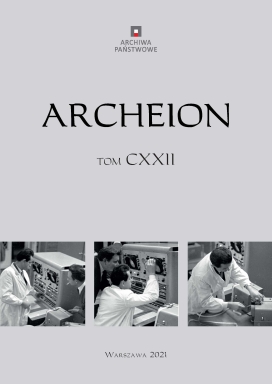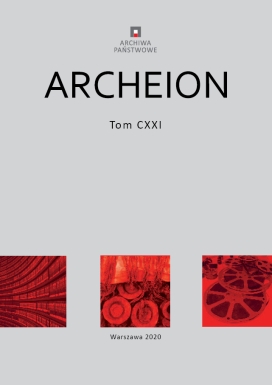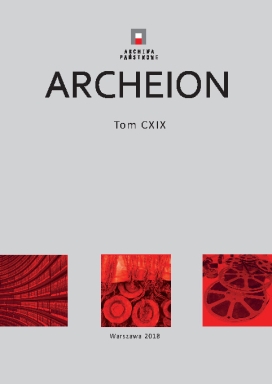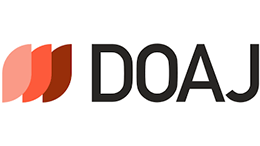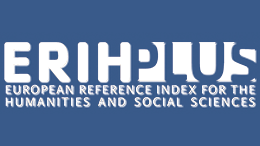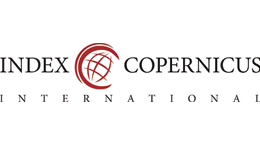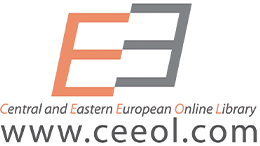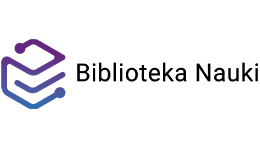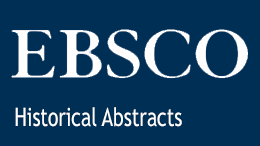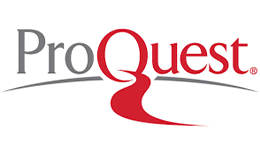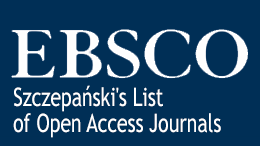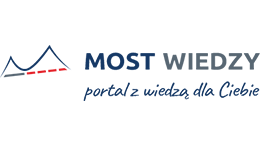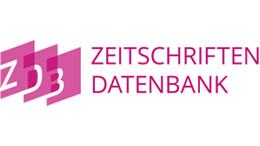Szanowni Czytelnicy,
oddajemy w Państwa ręce 121, kolejny w roku 2020, tom naszego czasopisma. Tym samym udało się po raz pierwszy od dłuższego czasu doprowadzić do sytuacji, w której tom za dany rok jest publikowany w tym właśnie roku. I to jest dobra informacja, a Redakcja zobowiązuje się, że publikacja kolejnych tomów będzie się odbywała bez żadnych opóźnień. Jest to tym bardziej warte podkreślenia, że okoliczności, w jakich przyszło nam wszystkim funkcjonować w mijającym roku, były dość szczególne. Pandemia koronawirusa SARS-COVID-2 odcisnęła negatywny ślad na wszystkich dziedzinach naszego życia. Przez większość 2020 r. tradycyjne formy funkcjonowania, nie tylko archiwów, ale całej administracji, czy instytucji kultury, uległy znacznemu ograniczeniu. I choć wiele z wcześniej zaplanowanych przedsięwzięć zostało odwołanych, istotnemu ograniczeniu uległy prace naukowe, zawieszone zostały badania archiwalne, zredukowano współpracę międzynarodową, to archiwa państwowe przez cały ten czas były otwarte i starały się w jak najpełniejszy sposób wypełniać swoją misję. Jak nigdy wcześniej, szeroko zaczęliśmy korzystać z nowoczesnych technologii i sposobów komunikacji. Do codziennego stosowania weszły takie formy jak webinaria, czy konferencje realizowane w formie online. Obsługa kwerend użytkowników, przedsięwzięcia edukacyjne i promocyjne przeniosły się niemal w całości do sieci rozległych. Pewne ograniczenia dotyczące bezpośredniego dostępu do zasobu archiwów państwowych spowodowały, że użytkownicy znacząco częściej niż dotychczas korzystali z naszych zasobów informacyjnych i cyfrowych w Internecie. W oczekiwaniu na „powrót do normalności” zapraszamy zatem do lektury aktualnego tomu.
Zgodnie z zapowiedzią, jego tematem wiodącym są szeroko rozumiane kwestie współczesnego prawa archiwalnego. Dział otwiera artykuł Marka Konstankiewicza (Regulacje prawa polskiego mające znaczenie dla działalności archiwalnej), prezentujący szeroką panoramę aktualnych przepisów z różnych działów prawa, odnoszących się do działalności archiwalnej, a także dokumentu jako przedmiotu regulacji prawnych oraz gromadzenia i użytkowania zbiorów dokumentalnych w toku działalności. Autor nie tylko porządkuje i systematyzuje wiedzę o obowiązującym stanie prawnym w zakresie ogólnie rozumianego zarządzania dokumentami i archiwami, ale też wskazuje obszary, w których należy podjąć działania, aby ten system przepisów prawnych udoskonalić i lepiej dostosować do wymagań współczesności. Temat wiodący podjęli również: Adrian Niewęgłowski, który zajął się zagadnieniem własności materiałów archiwalnych w rozumieniu prawa cywilnego (Własność materiałów archiwalnych. Kilka uwag o potrzebie zmian regulacji prawnych) i Kacper Pencarski, który zwrócił uwagę na prawne aspekty udostępniania w Internecie archiwaliów audiowizualnych (Prezentacja nagrań audio i wideo w Internecie przez archiwa państwowe wobec wybranych problemów wynikających z poszanowania praw autorskich i praw pokrewnych. Kilka uwag środowiska akademickiego). Z kolei dwie prace poruszają zagadnienia niezwykle wrażliwe z punktu widzenia prawa archiwalnego: postępowania z aktami sądowymi na przedpolu archiwalnym (Dorota Drzewiecka, Przepisy regulujące zarządzanie dokumentacją na przedpolu archiwalnym bliższym w sądach powszechnych w Polsce w latach 1985–2019) oraz funkcjonowania archiwów wyodrębnionych (Piotr Borysiuk, Próba likwidacji statusu „archiwów państwowych wyodrębnionych” w projekcie ustawy – Prawo archiwalne z 1995 r.). Ponadto publikujemy trzy prace ukazujące prawo archiwalne innych krajów w ujęciu historycznym: Francji (Krzysztof Stryjkowski, Od praw Rewolucji do Kodeksu Dziedzictwa (przemiany francuskiego prawa archiwalnego)), Niemiec (Paweł Gut, Ustawowe podstawy działania archiwów niemieckich. Federalne i krajowe ustawy archiwalne) i Hiszpanii (Zuzanna Jaśkowska-Józefiak, System prawny archiwów hiszpańskich). Prezentowane prace z pewnością nie wyczerpują materii współczesnego prawa archiwalnego i potrzeb w zakresie jego reformy. Jest to bardzo szeroki obszar problemowy i trudno byłoby wyczerpać go w jednym tomie czasopisma. Mamy wszakże nadzieję, że studia te przyczynią się do lepszego rozumienia kwestii prawnych w środowisku archiwalnym i poza nim. Staną się także impulsem dla badaczy do częstszego podejmowania zagadnień prawno-legislacyjnych zarówno w kontekście historycznym, jak i współczesnym. Będziemy zachęcać autorów do podejmowania takich badań i publikacji ich rezultatów na łamach kolejnych tomów „Archeionu”.
Dział Studia i materiały obejmuje 9 prac. Dotyczą one kilku dziedzin archiwistyki. Pierwsze trzy: Marioli Hoszowskiej (Bronisław Gorczak – historyk i wołyński archiwista (1854–1918)), Mirosława Kłuska (Archiwalia Państwowego Banku Rolnego jako źródło do badań nad historią gospodarczą polskiej wsi i rolnictwa w pierwszej połowie XX w.) oraz Krzysztofa Kowalczyka (Materiały jednostek wojewódzkiej administracji wyznaniowej w Archiwum Państwowym w Szczecinie jako źródło do dziejów stosunków państwo-Kościół rzymskokatolicki w latach 1945–1989) reprezentują tradycyjne archiwoznawstwo. Dwie prace: Maika Schmerbaucha (Establish a new file plan in a diocese of the German Catholic Church) i Dariusza Makowskiego (Archiwa a systemy informatyczne w administracji publicznej. Wstęp do problematyki), z pozoru poświęcone odmiennej tematyce, odpowiadają na to samo pytanie: o organizację współczesnego przedpola archiwalnego.
Archiwistyka się zmienia, zmienia się również podejście do jej podstawowych pojęć; do głosu dochodzą nowe rozumienia terminów, takich jak archiwum, archiwizacja, działalność archiwalna. Chcemy, aby „Archeion” stał się bardziej otwarty na problemy współczesnych nauk humanistycznych i technicznych. W tomie zamieściliśmy zatem prace, które rzucają nowe światło na tradycyjnie rozumianą archiwistykę. Magdalena Drewniak (Czasopismo „Archival Science” w latach 2011–2020 – analiza treści artykułów naukowych) nie tylko przeprowadziła kilkuaspektową analizę tematyki prac publikowanych na łamach „Archival Science” – prestiżowego międzynarodowego czasopisma archiwalnego, lecz także naszkicowała współczesne horyzonty badawcze archiwistyki europejskiej i światowej, których śladem powinni podążyć polscy archiwiści. Katarzyna Pepłowska (Najnowsze trendy w archiwistyce światowej. Na marginesie obrad Międzynarodowej Rady Archiwów w Adelajdzie „Designing the Archive 2019”) w sposób bardzo wszechstronny i wyczerpujący przybliżyła najnowsze kierunki rozwoju i postępu nauki o archiwach na świecie, zaprezentowane podczas tytułowej konferencji. Perspektywy archiwizacji stron internetowych z punktu widzenia dostępnej dzisiaj technologii i potrzeb społecznych zaprezentował Bartosz Konopa (Archiwizacja Webu w Europie – narodowe archiwa Sieci). Do prac, których autor wychodzi poza widnokrąg tradycyjnej archiwistyki należy artykuł Konrada Szuby (Archiwa we współczesnej kulturze. Rec. kwartalnika „Konteksty. Polska Sztuka Ludowa”, nr 1–2 (328–329): Archiwa. Spisane będą (?) czyny i rozmowy, Instytut Sztuki PAN, Warszawa 2020), umieszczony w dziale Recenzje i omówienia. Autor zrecenzował materiały dwóch konferencji kulturoznawczych, poświęconych archiwom w kulturze, opublikowane na łamach czasopisma „Konteksty”. Podjął jednocześnie próbę pokazania zasięgu i zawartości tego obszaru badawczego współczesnego kulturoznawstwa i jego punktów styczności z archiwistyką historyczną. W dziale Studia i materiały wyróżnić należy także artykuł Hadriana Ciechanowskiego (Funkcja naukowa archiwów – próba definicji i systematyzacji) nawiązujący do opublikowanych w tomie 120 studiów poświęconych działalności naukowej archiwów i nauce w archiwach.
Tom zawiera także inne tradycyjne działy: Recenzje i omówienia oraz In Memoriam. W dziale Kronika naukowa zamieściliśmy tylko jeden komunikat (Beata Żelazek, Archiwum Pandemii A.D. 2020. Społeczna kolekcja dokumentów czasu pandemii SARS-CoV-2), albowiem większość ważnych archiwalnych inicjatyw naukowych zostało odwołanych bądź przeniesionych na przyszły rok. Autorka zrelacjonowała akcję archiwów państwowych podjętą z myślą o udo kumentowaniu okresu pandemii: „Archiwum Pandemii A.D. 2020. Społeczna kolekcja dokumentów pandemii wywołanej koronawirusem (SARS-CoV-2)”.
Społeczna izolacja wywołana epidemią koronawirusa uświadomiła również, jak duże znaczenie we współczesnej archiwistyce odgrywają najnowsze technologie. Uważa się, że w ostatnim roku procesy informatyzacji znacząco przyspieszyły w niemal wszystkich obszarach aktywności ludzkiej, a impulsem, który to spowodował, stała się konieczność ograniczenia kontaktów bezpośrednich w celu ochrony przed zakażeniem. Życie społeczne, kulturalne, gospodarcze i polityczne jest i będzie w coraz większym zakresie dokumentowane w formie cyfrowej. Rozmiary tych zbiorów informacji – zbiorów wiedzy o przeszłości – będą rosły. Stawia to przed archiwistami pytanie: w jaki sposób bezpiecznie przechowywać wielkie zbiory danych, jakie technologie przechowywania takich zbiorów rozwiną się i będą stosowane w perspektywie 10–20 lat? Na potrzeby tomu 122 „Archeionu” zapytamy specjalistów, jak wyobrażają sobie magazyn archiwalny przyszłości; jakie nośniki archiwizacji informacji będą ich zdaniem stosowane w perspektywie najbliższych dziesięcioleci? Czy będzie to zapis w technologii cyfrowej utrwalonej na taśmie światłoczułej, jak w Światowym Archiwum Arktycznym na archipelagu Svalbard, czy nośnikiem tym będzie DNA, czy trwałe szkło kwarcowe? Temu nieco futurystycznemu zagadnieniu – najnowszych trendów w dziedzinie nośników przechowywania wielkich zbiorów danych i technologii archiwizowania i magazynowania wiedzy – chcemy dedykować część przyszłorocznego tomu. Jednocześnie cały czas zachęcamy Autorów do podjęcia problematyki najnowszych kierunków rozwoju archiwistyki na świecie. Zapraszamy do współpracy.
Redakcja

